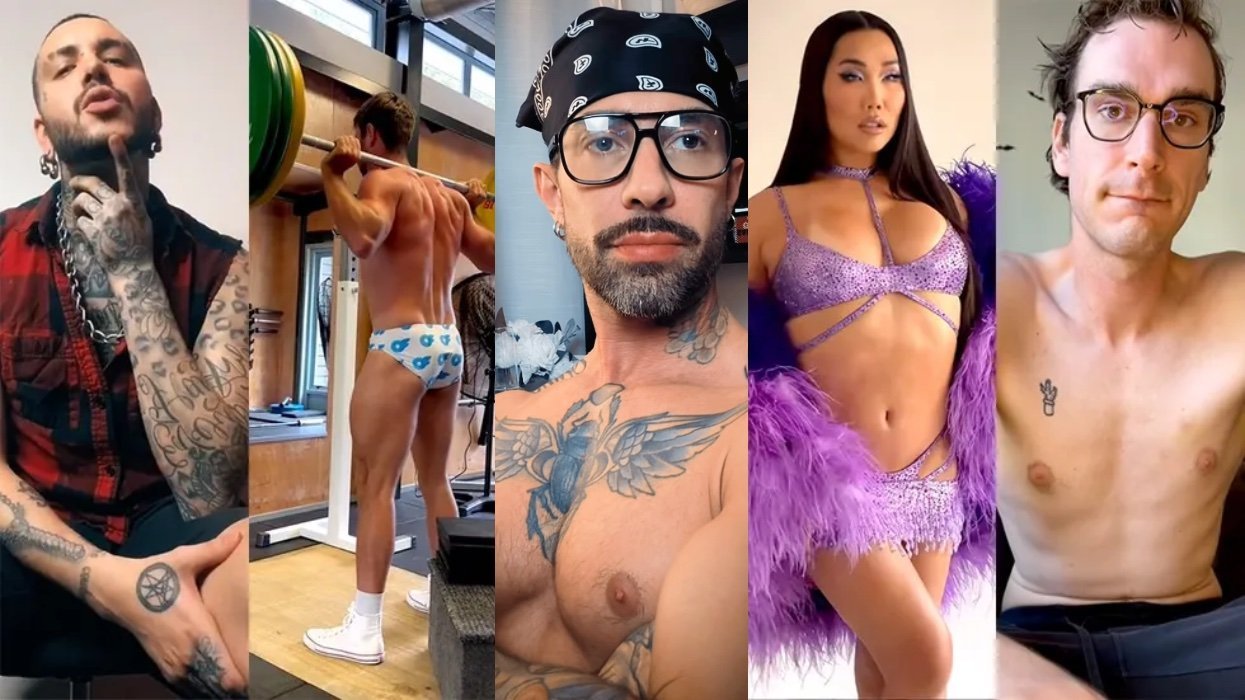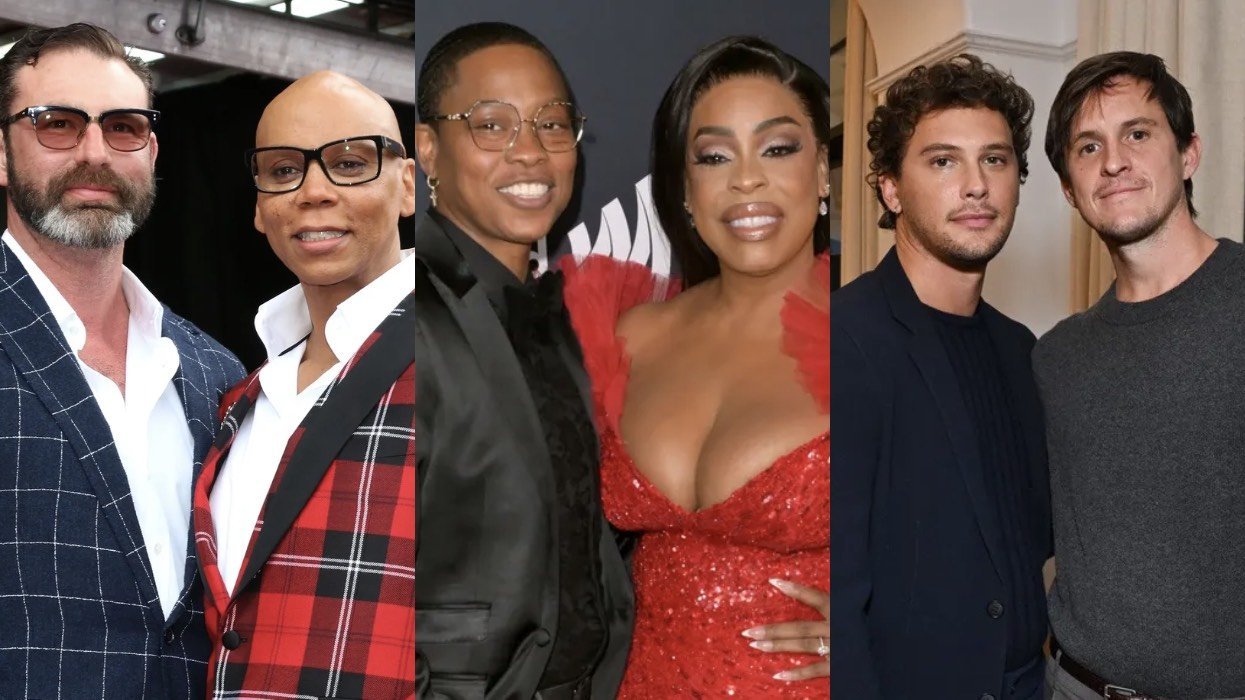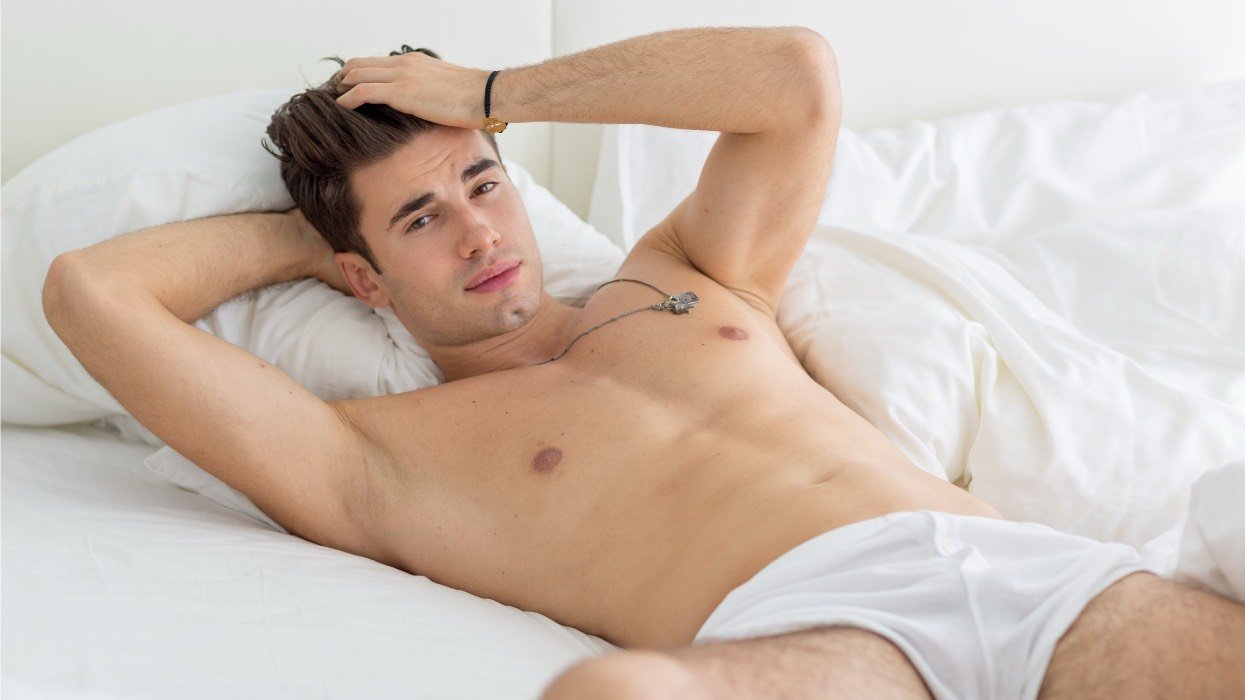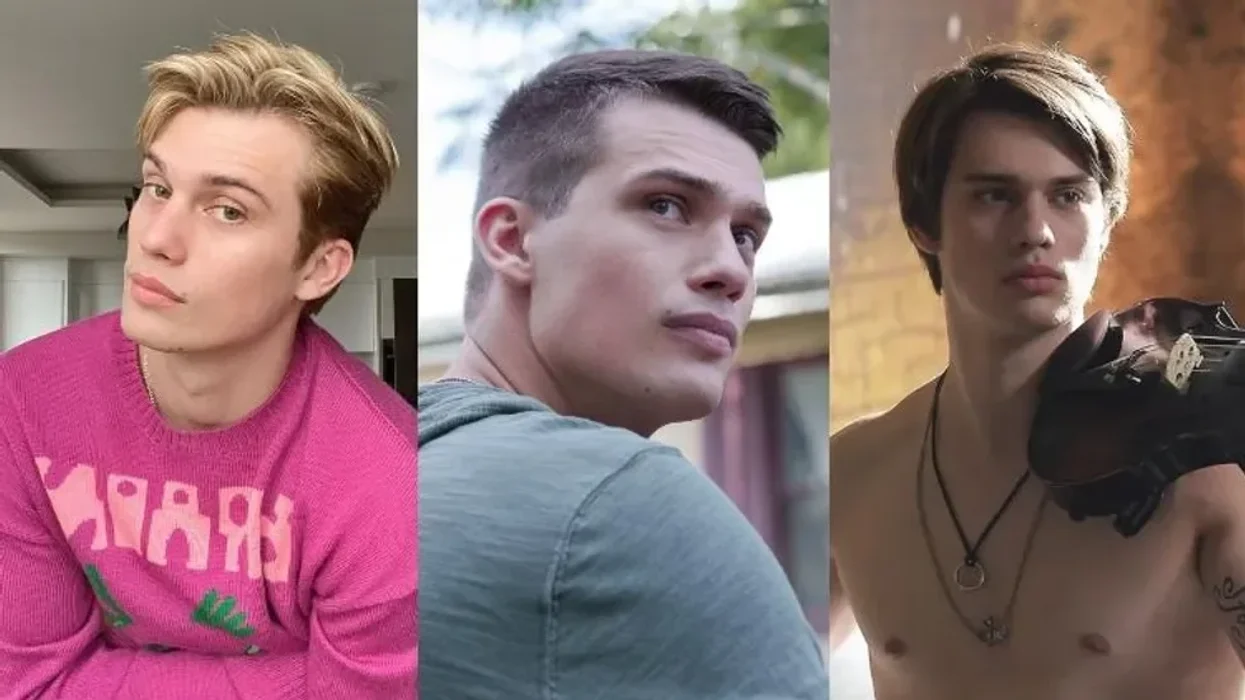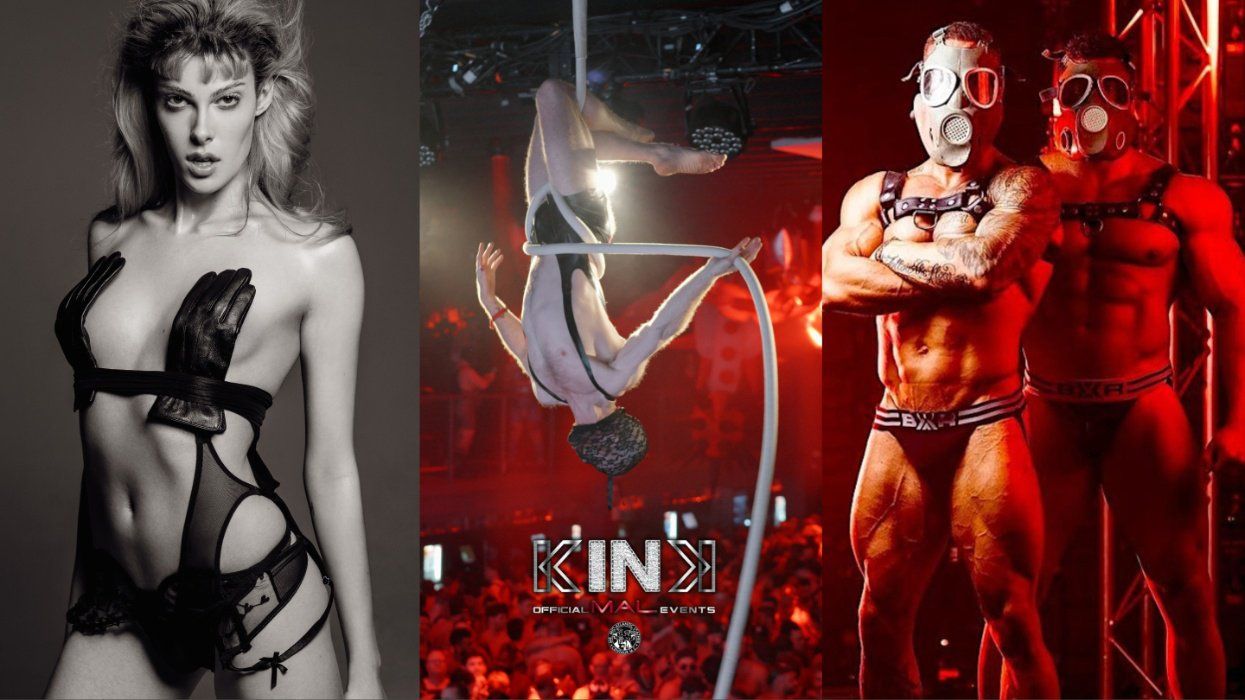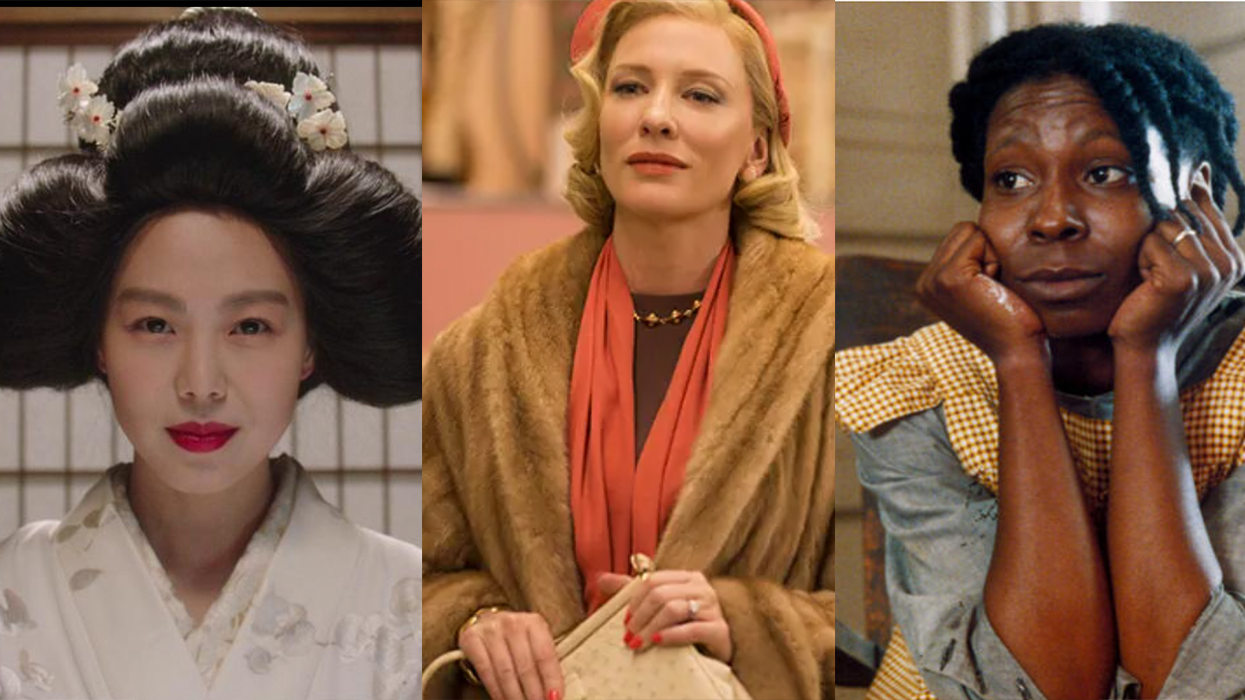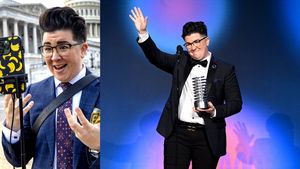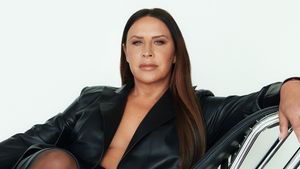"Wow, you look great today!" my mom declared through the FaceTime call.
I sat up and smiled. The art therapy and Prozac were starting to work, and maybe it was showing. It was also a gorgeous April morning. I reached up and tossed my freshly plopped curls over my shoulder.
"Oh, never mind," she corrected. "I thought you finally shaved your armpits. For a second there, you looked normal."
My parents always wanted what was best for me, but their definition of that is very much rooted in heteronormativity. They insist that people will judge me for having body hair; I insist I don't care. If someone judges me for something so trivial, that says more about them than it does about me. They also see my body hair as a reflection of my queerness, which they are not the biggest fans of.
To be fair, my relationship with my body hair has evolved with my identity.
Back in high school, having hairy legs was a way for me to test the waters. I made choices about my body that didn't conform to the (cisgender heterosexual) male gaze. It gave me a way to express my sexuality before I was even fully out to myself.
Before my first year of college, I got a pixie cut in an attempt to feel more queer. At the time, I identified as bisexual. I didn't like the haircut. I didn't feel like myself in it. But I thought it was what I had to do.
That fall, I ended up in a relationship with a man. It seemed perfect at the surface, but I couldn't shake the truth that something so vital was missing from it.
Then March 2020 came.
I didn't have to live someone else's life anymore. I quarantined, letting my hair grow longer. My body hair stayed put. Soon, I came out as a lesbian.
When I was still dating men, I almost felt dysphoric. I was up every night journaling things like, "Am I a woman? Am I supposed to feel like anything?" Something about myself felt so misaligned with femininity. I despised the dynamic of straight-presenting relationships. Even when men had zero interest in maintaining "traditional" gender roles, the dynamic suffocated me.
Embracing my identity eased these feelings of incongruence. Still, I found myself trying to conform to my idea of what a lesbian was. I felt compelled to let my body hair grow—even the long, dark hairs that sometimes popped up on my jawline. I would brush them with my fingertips while staring in the bathroom mirror, resisting the urge to pluck them. I never liked them, but I loved that they helped me present the opposite of how society wanted me to present.
Therein lies a problem: I was negatively defining my identity.
I was looking for queer joy in the rejection of heteronormative ideals rather than in the acceptance of queerness. When I realized this, I looked back in the bathroom mirror and asked myself, If I take heteronormativity out of the equation entirely, if my queerness was offensive rather than defensive, what appearance would bring me joy?
I pulled out my tweezers and bought a jar of sugar wax. I said farewell to the stray strands of hair along my jaw. I smothered my legs in sticky, lemony-smelling sugaring paste, wincing with satisfaction as the hairs came up by the root.
I left my armpits as they were, because I realized that I liked them hairy.
Today, I explore my queerness through this same principle. I focus on what feels right and what brings me joy, not what repulses me or others. This strategy has helped me embrace new pronouns (they/them in addition to she/her), make affirming fashion choices, and position myself well on my journey toward overall self-acceptance.
Through my body hair, I have learned that queerness does not have to contrast against straightness. There is no wrong way for a queer person to relate to their body hair. There is only what brings us joy.
Alex Music (she/they) is a queer southern geographer, researcher, and writer. Her writing is situated at the intersection of social issues and the environment. Her work has appeared in Scientific American, The Tallahassee Democrat, An Injustice! Magazine, and Strong Towns.
Voices is dedicated to featuring a wide range of inspiring personal stories and impactful opinions from the LGBTQ+ and Allied community. Visit pride.com/submit to learn more about submission guidelines. We welcome your thoughts and feedback on any of our stories. Email us at voices@equalpride.com. Views expressed in Voices stories are those of the guest writers, columnists and editors, and do not directly represent the views of PRIDE.com or our parent company, equalpride.












































